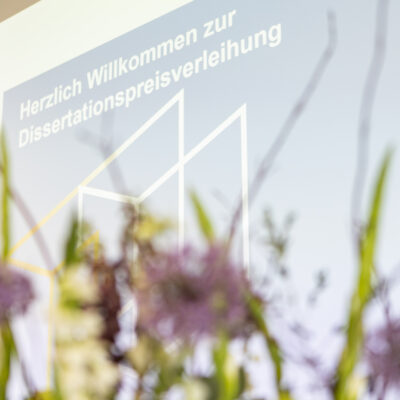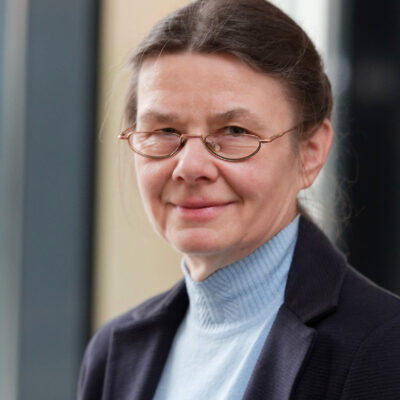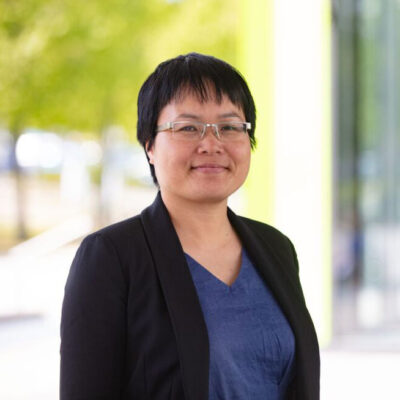Global challenges need global perspectives. Since the beginning of the year, two Norbert Elias Fellows have been contributing to the research group ‘Global Contestations of Women’s and Gender Rights’ at the Center for Interdisciplinary Research (ZiF) at Bielefeld University. Onyinye Durueke, PhD, is from the University of Port Harcourt, Nigeria, and Brenda Kombo, PhD, was previously at the University of the Free State in Bloemfontein, South Africa. The research group will be working at ZiF until the end of July. We interviewed Onyinye Durueke and Brenda Kombo about why they decided to join the ZiF research group – and how their expertise adds to it.
How does your research align with the focus of the ZiF research group?
Onyinye Durueke: My field is peace, conflict, and security studies, and the current focus of my research is on women in post-conflict situations. The research that brought me here to the research group at ZiF is an offshoot of my interviews on gender justice and natural resources governance in post-conflict societies. I traveled to six different towns in the Niger delta, the oil-producing region in Nigeria, and conducted interviews. All women I talked with told me that they are excluded from the compensation offered by the oil industry for taking oil from their land, for building pipelines through the land, and for causing pollution. That is because what they are offering is only for men, e.g., jobs in the oil-drilling industry. In my research, I try to reconstruct the dynamic of this exclusion of women from the distribution of resources and how this affects their lives.
Brenda Kombo: I am a legal anthropologist and lawyer, and my current work is at the intersection of gender, human rights, and culture. The project that brought me here looks at contestations over women’s rights in the context of family law reform. Colonialism created multiple legal systems in most African countries. For example, in Cameroon, where I did my dissertation fieldwork, there is common and civil law, as well as customary law. This, combined with ethnic and religious diversity, makes family law reform a quite complicated issue. My research examines reform in Cameroon and, increasingly, in Mali. I examine how women’s human rights come into play, and consider how we might promote gender equality in different socio-cultural contexts. Can we find some middle ground between the universality of human rights and particularism? For me, law is important, but is not always a solution. In fact, it can create other problems. Consequently, part of my work interrogates the role law plays.
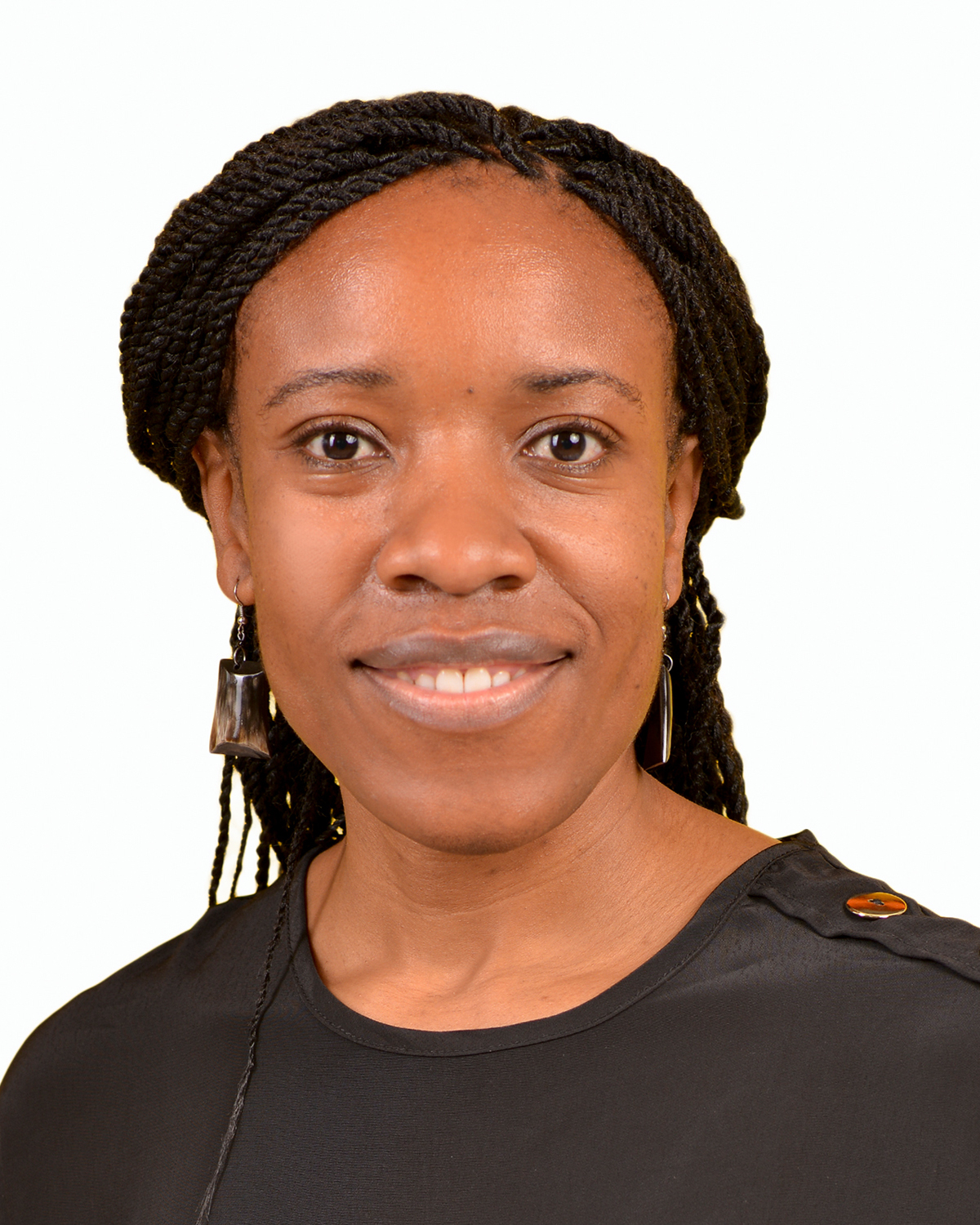
What is it like to work as part of this research group?
Brenda Kombo: Part of the time we are pursuing our own research projects, und part of the time we are working with the research group. Right now, we are working on a book that will compile articles we are writing individually or in small groups. During weekly meetings, we discuss different topics of interest to the research group. We also have talks, workshops, and broader public conferences. All this provides an environment in which we can think about our own work and see how it fits into the group’s agenda, while also exploring and taking advantage of opportunities for collaboration.
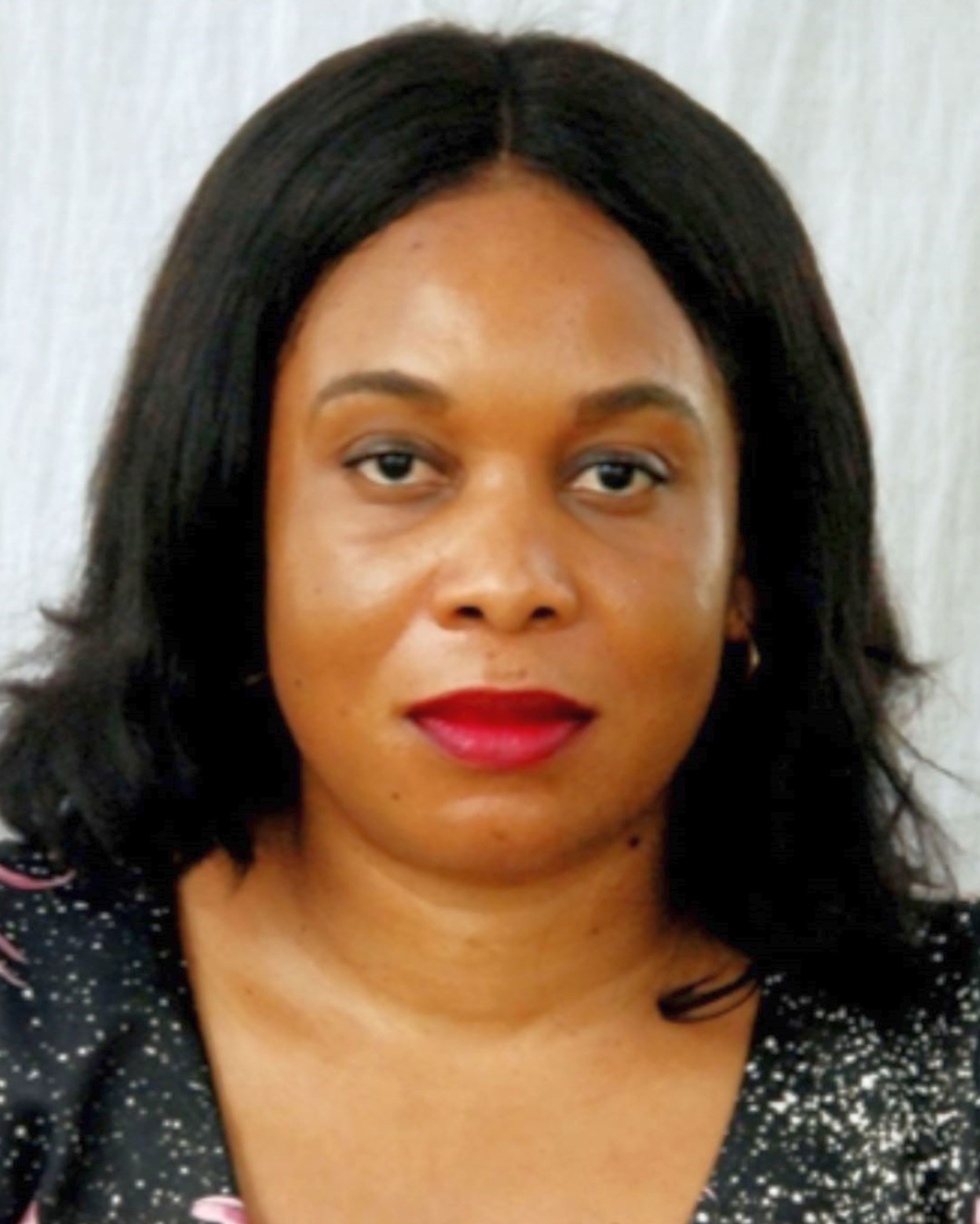
You switched from your usual working environment to a new, temporary group. Was that a challenge to you?
Onyinye Durueke: We are coming not only from different geographical spaces but also from different disciplines. LGBTQ rights, for instance, is not an issue in Nigeria – not at all – but we have gender studies, so there are similarities and differences. We sometimes struggle with not having a shared understanding of the concepts we use, the definitions and methodology. But working in the ZiF research group gives you an understanding what your blind spots might be, what you might be missing, and how you could make your work more accessible to other people. We are all looking at contestations of women’s and gender rights, regardless of the form these take.
Brenda Kombo: I feel the same way. I would add that it has been very helpful to work with people from diverse disciplines and geographical contexts in order to enrich one’s own understanding and to think critically about the extent to which certain phenomena are global – and what that means for solidarity. Ultimately, we are asking whether and, if so, how global solidarity for women’s and gender rights is possible. The group is a kind of microcosm for how you can create spaces of dialogue across issues and perspectives in very constructive ways.
And how is life at ZiF?
Brenda Kombo: It is relatively quiet, and I like the mix of being able to walk in the woods and go to the city. The stay here has been comfortable and enjoyable because of the wonderful people in our research group and at the ZiF. However, I do wonder how things would have been without the pandemic. I heard a little about the vibrant exchange with the university, workshops, informal talks, and art projects in “normal” times. I would have been curious to see what that is like. More realistically, I hope we will be able to visit other parts of Germany in the remaining weeks.
The Center for Interdisciplinary Research (ZiF) has granted the Norbert-Elias-Fellowship for the first time. This fellowship addresses the issue that researchers from African countries are underrepresented in the international scientific community. The new fellowships are intended to increase the diversity of perspectives in the ZiF research groups and to make the work of African researchers in science more visible. The Norbert Elias Fellowships are supported by the Volkswagen Foundation.
